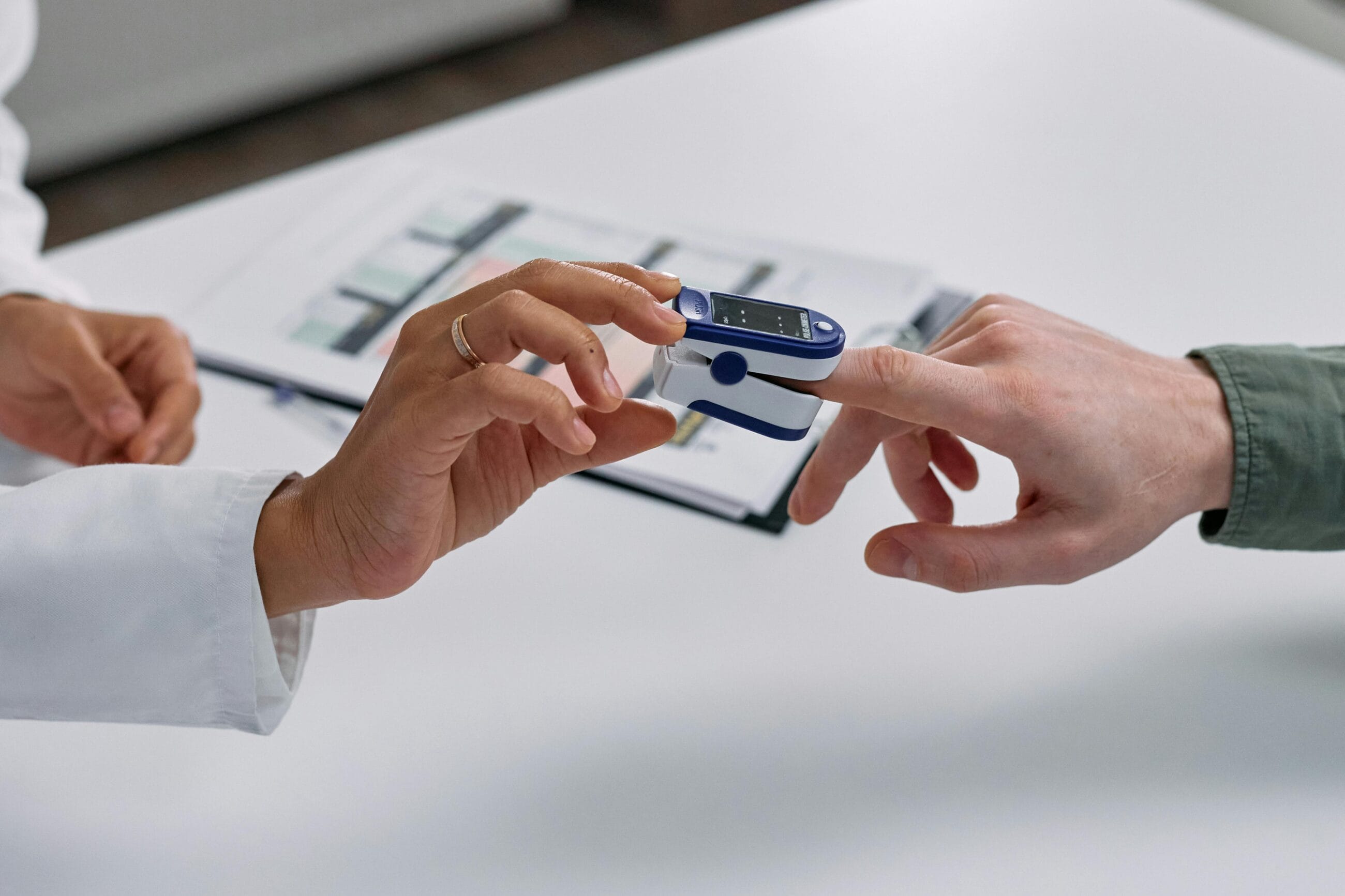Navigating menopause brings many changes, but one aspect that often goes unnoticed is the impact on heart health. With hormonal shifts increasing the risk of cardiovascular diseases, regular heart health screenings become essential for women during this stage of life.
These tests not only help detect issues early but also empower you with the knowledge to protect your heart and overall well-being. Let’s explore the key screenings that every postmenopausal woman should consider to stay healthy and strong.
Understanding Postmenopausal Heart Health
Postmenopause brings unique heart health challenges requiring attention. Early prevention and proactive care through essential screenings can safeguard your cardiovascular system and reduce the risk of heart disease, promoting long-term well-being during this menopausal stage.

The Role of Estrogen in Heart Health
Estrogen, a key hormone, plays a vital role in maintaining cardiovascular health. Before menopause, estrogen helps regulate cholesterol levels, keeping arteries flexible and supporting blood flow.
However, as estrogen levels drop during menopause, women tend to see an increase in LDL (bad cholesterol) and a decrease in HDL (good cholesterol). This hormonal change can contribute to a higher risk of heart disease and developing other heart issues.
Cardiovascular Risks During Menopause
During and after menopause, women are more likely to encounter conditions such as high cholesterol, hypertension, and blood glucose irregularities. These factors significantly increase the risk of heart disease, including heart attacks or strokes.
What’s concerning is that the symptoms of heart problems in menopausal women sometimes differ from those in men. While chest pain is a common sign, women might also experience subtle symptoms such as shortness of breath, fatigue, or even nausea. These are symptoms we should never ignore.
Essential Heart Health Screenings and Tests
Postmenopausal women should prioritize the following screenings to monitor heart health effectively and manage disease risk:
Blood Pressure Check

High blood pressure is known as the “silent killer” for a reason. It often presents no symptoms but can lead to severe consequences like heart attacks or strokes. Screenings should be done at least once a year, or more frequently if you have a history of hypertension.
The American Heart Association emphasizes the importance of monitoring blood pressure, especially for those at risk of coronary artery disease.
Cholesterol Screening
Understanding your lipid profile is key. A cholesterol test measures your HDL, LDL, and triglyceride levels to identify if you are at risk of arterial plaque buildup.
It’s recommended for women age 40 and above to undergo this test annually, especially after menopause, when hormonal changes and menopausal symptoms can raise cholesterol levels, increasing the risk of coronary artery disease.
Blood Sugar Testing

Elevated blood glucose levels can indicate prediabetes or diabetes, which significantly impact cardiovascular health and increase disease risk. Regular screenings can help manage risks and maintain healthy glucose levels.
Electrocardiogram (ECG)
An ECG is a simple and painless test to detect irregular heart rhythms or signs of previous heart damage. It’s especially important if you have a family history of coronary artery disease or a personal history of chest pain.
Stress Tests
A stress test evaluates your heart’s performance under physical exertion. It’s usually recommended for women with symptoms such as unexplained fatigue or shortness of breath, particularly if they lead a sedentary lifestyle. The American Heart Association suggests this test as a preventive measure for those with increased disease risk.
Coronary Calcium Scan
This specialized test identifies plaque buildup in the coronary arteries, providing an early warning system for potential heart disease. It’s particularly useful for postmenopausal women at higher risk of coronary artery disease, as hormonal changes and menopausal symptoms can exacerbate the issue.
Preventive Measures for Heart Health
Apart from routine screenings, adopting a heart-healthy lifestyle can significantly lower your risks, especially with the increased risk some women face postmenopause or while undergoing hormone therapy. Here are some practical tips for postmenopausal women:

Eat a Balanced Diet
Include plenty of fruits, vegetables, whole grains, and lean proteins in your meals. Don’t forget heart-friendly fats, like those from avocados and fatty fish.
Stay Physically Active
Aim for at least 150 minutes of moderate exercise weekly. Activities such as walking, swimming, or yoga can help maintain your cardiovascular health.
Prioritize Sleep
Lack of sleep or poor-quality sleep can increase your risk of hypertension and weight gain. Create a routine that ensures 7 to 9 hours of rest each night.
Manage Stress
Chronic stress can impact heart health by increasing blood pressure and cortisol levels. Techniques like meditation, deep breathing, or even simply spending time outdoors can help.
Avoid Smoking and Limit Alcohol
Smoking damages blood vessels and raises blood pressure, while excessive alcohol consumption can worsen cholesterol levels and heart rhythms. Avoiding these habits will do wonders for your heart health.
Empowerment Through Regular Check-Ups
One of the most empowering steps you can take for your health is scheduling routine check-ups with your healthcare provider. Early detection through regular screenings allows us to manage potential issues proactively instead of reacting to emergencies.
Remember, heart health screenings aren’t a one-size-fits-all solution. Your doctor can help design a personalized screening plan based on your individual health history and risk factors, such as factors for coronary artery disease or a greater risk of heart conditions.
Additionally, symptoms associated with menopause should be examined carefully, especially within 10 years of menopause, as menopause is a natural phase that can impact overall health.
When to Speak to a Doctor?
If you experience any of the following symptoms, don’t wait. Consult a healthcare professional immediately:
- Unexplained chest pain, pressure, or discomfort.
- Shortness of breath that worsens with activity.
- Sudden fatigue that disrupts daily life.
- Swelling in the legs, ankles, or feet.
- Dizziness, fainting, or palpitations.
These signs may indicate underlying heart problems, such as coronary heart disease, that require immediate attention. If you are undergoing hormone replacement therapy, it’s especially important to monitor these symptoms closely. Early treatment can make all the difference.
Building a Supportive Community
Heart health isn’t just about individual efforts; it’s about collective support. Share your experiences with friends, family, or support groups to foster a community that values wellness.
Here at Mediway Medical, we believe in a collaborative approach to health. Our team is here to guide you, whether it’s providing reliable screenings or simply answering your questions. Together, we can keep your heart healthy and strong.
Take Charge of Your Heart Health
Your health is your most valuable asset, and taking preventive measures can add years of vitality to your life. I encourage you to schedule your next health screening with Mediway Medical. Our clinic in Singapore offers comprehensive screening services tailored to your needs.









